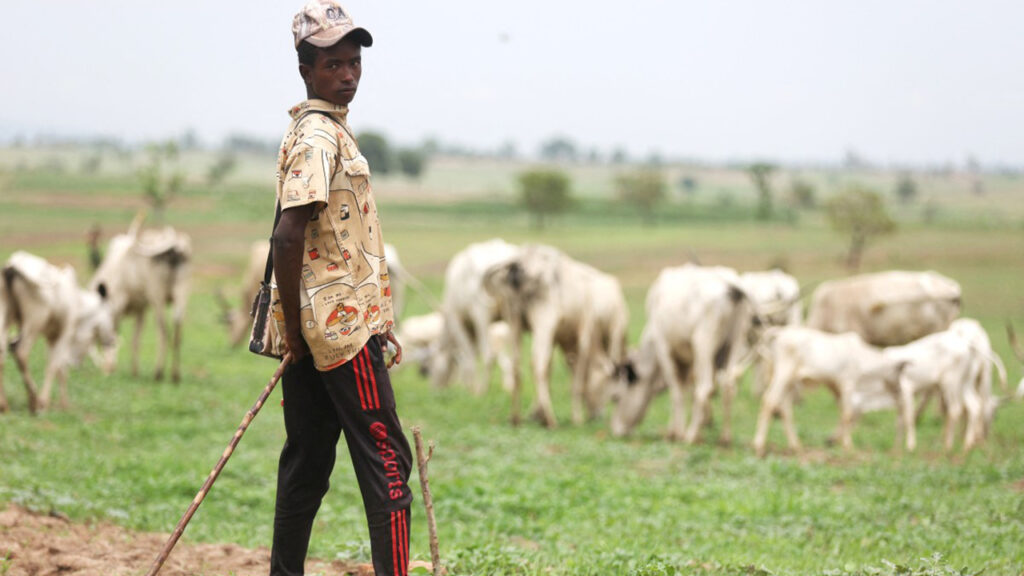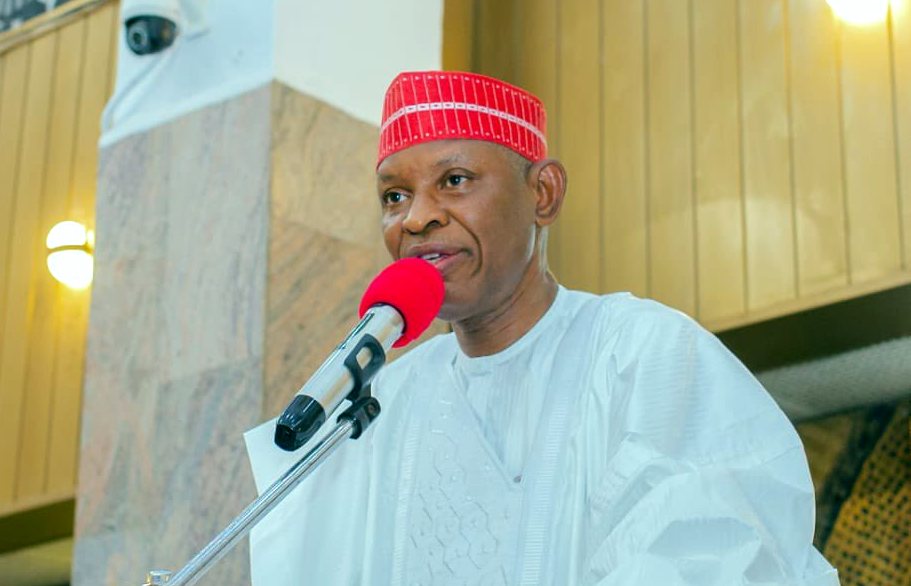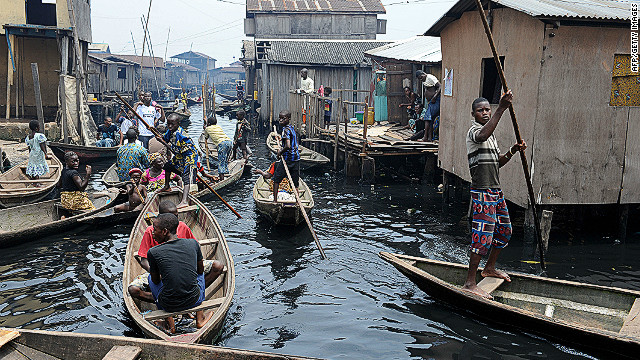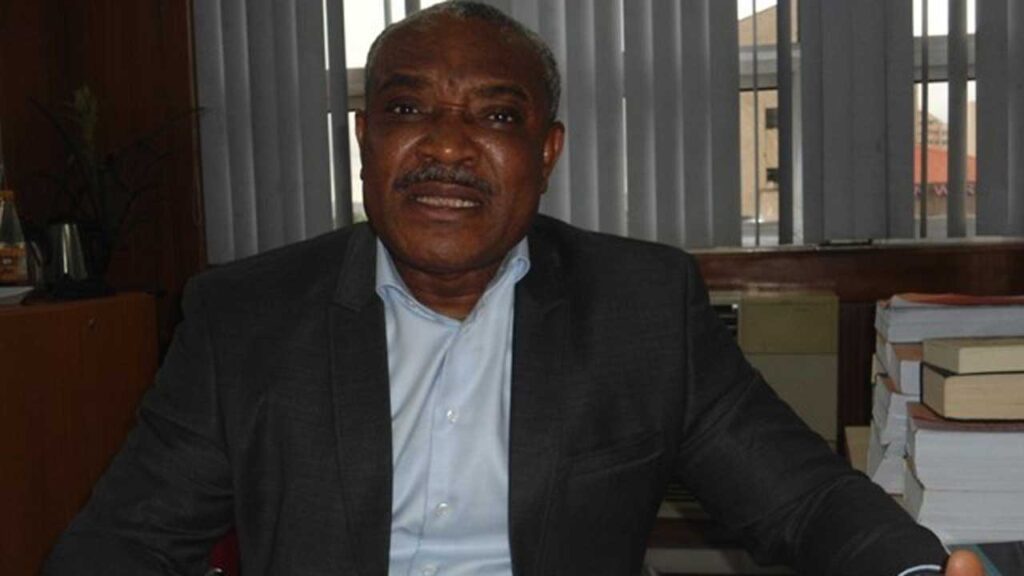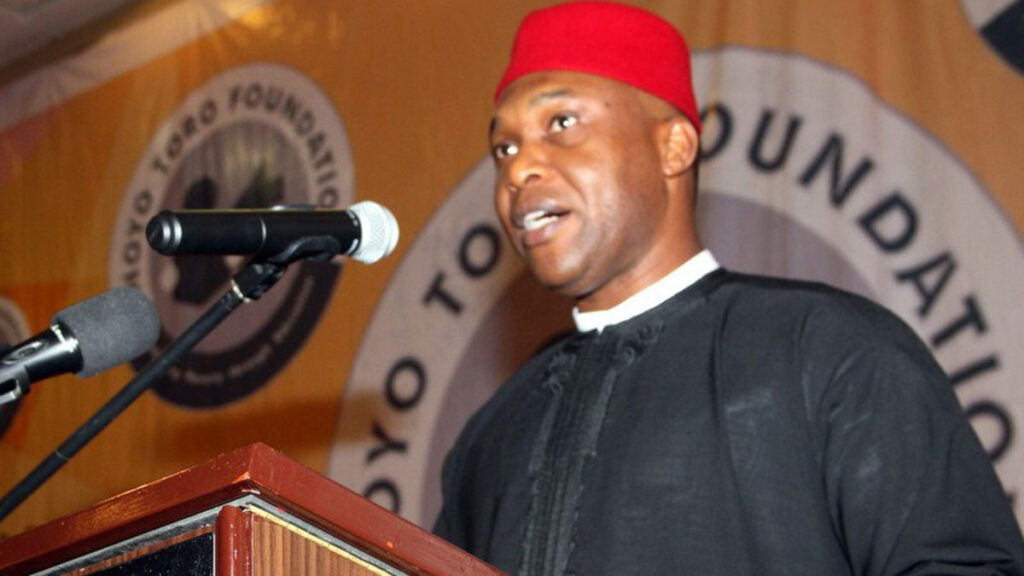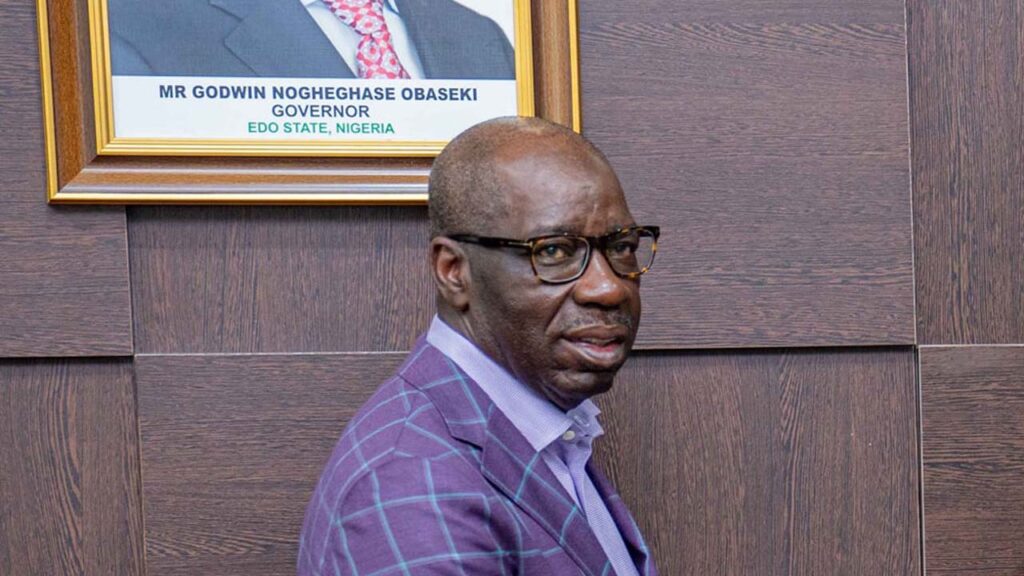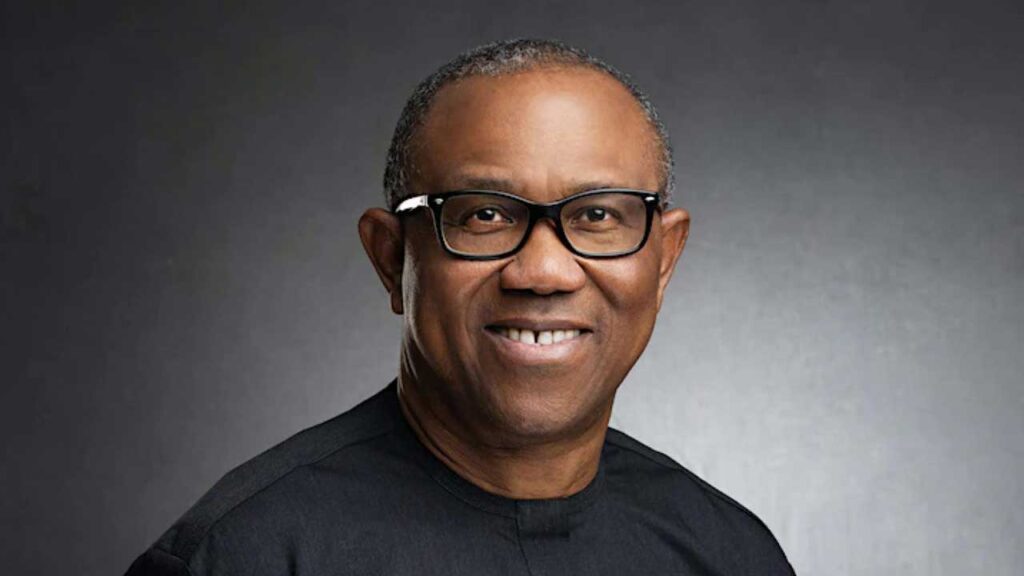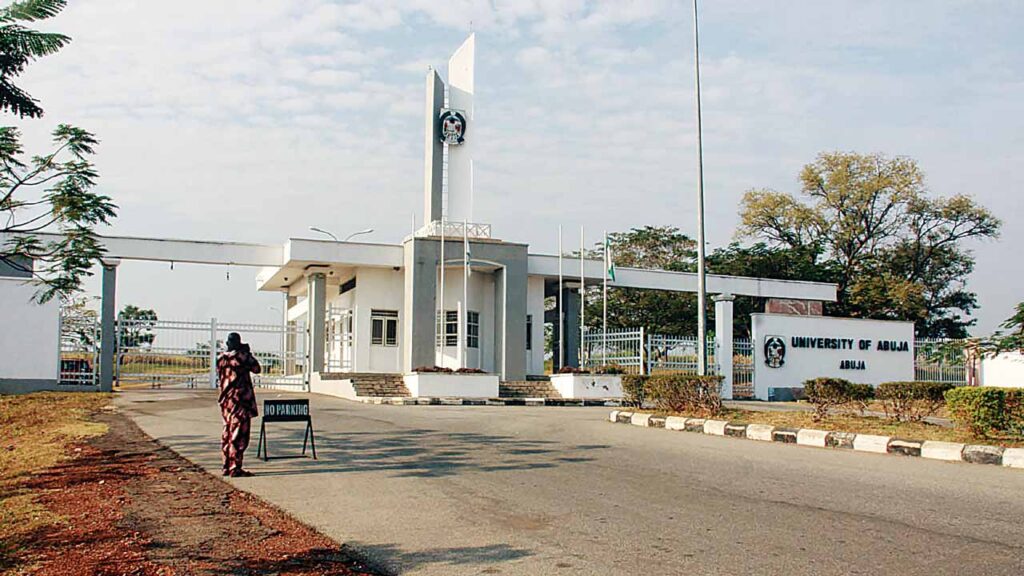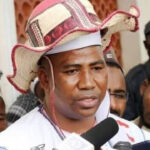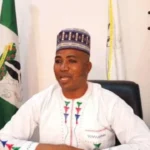
Nigerian cattle herder Suleiman Ahmed lifted his sleeve and showed the scars from the machete attack that shattered his wrist at a market in the country’s central plains.
When he moved onto a model reserve meant to ease community tensions, he thought he would be safe. Instead, he was thrown into one of West Africa’s oldest conflicts — the land dispute between nomadic herders and settled farmers.
“I would never have come here knowing what I do now,” he told AFP, clutching his withered wrist at the government-backed reserve near the capital Abuja that aims to designate herders land for grazing.
The wider conflict centres on competition for fertile land, water and resources in the Sahel region south of the Sahara desert and has claimed thousands of lives.
With more than 300 ethnic groups, Nigeria often struggles with outbreaks of intercommunal or ethnic violence, and herder-farmer disputes are common.
Nigerian officials are promoting a plan to give traditionally nomadic Fulani herders their own land on dozens of designated reservations, arguing it can stop confrontation by preventing cattle from wandering onto farms and settlements.
The authorities want to extend the rollout of reserves and say the scheme will help heal old wounds.
When AFP visited the largely unfenced 9,000-hectare (22,000-acre) Paikon Kore grazing reserve outside Abuja, both herders and farmers said they were being pushed into ever more direct contact and paying a bloody price.
‘It broke my life’
Farmers living on the reserve said their land had been snatched from under their feet and accused herders of allowing cows to graze on their crops.
Herders said farmers were encroaching on land set aside for them and deliberately poisoning their cattle.
Tensions have risen recently and 65-year-old Suleiman, who was wounded in June 2014, fears “a fight could break out tomorrow.”
He said authorities in the territory around the capital urged him to move onto the reserve in 2007.
Suleiman told AFP he was set upon by a group of farmers who killed five of his fellow herders in the village market and left him severely injured.
Cattle are the lifeblood of traditional Fulani society — unable to tend to his herd, he had to stop sending two of his children to school.
“My injury has healed over, but my heart is still wounded,” he said. “It broke my life.”
Farmers bear the scars of the fighting too.
Abdulrahman Ibrahim, 33, showed machete marks on his arm, which he said was cut to the bone by herders in an attack at his farm a decade ago.
Now, both communities say, there are daily disputes over land on the reserve, and even Nigerians not involved in farming or raising cattle have been caught up in the conflict.
“It’s unsafe because you don’t really know what will happen the next minute,” said Dooyum Dealam, a 33-year-old dairy worker. She described an attack last year between herders and farmers who were both Fulani.
“It doesn’t matter who you are or where you’re from,” she said, explaining that the fighting had not split so clearly along ethnic and religious lines as it has elsewhere in the country.
In nearby Plateau state, a dispute over cattle sparked intercommunal clashes in January that left more than 50 people dead, thousands displaced, and churches and mosques burnt.
Plateau sits on the dividing line between Nigeria’s mostly Muslim north and mainly Christian south.
Fighting between herders and farmers claimed 7,000 lives in Nigeria in the five years before 2019, according to a report published that year by the NGO Mercy Corps.
There have been widespread calls for action as the conflict feeds into Nigeria’s many security challenges and intensifies with rapid population growth and climate pressures.
“It can’t go on like this,” said Kabo Mamman, the farmers’ community leader. “The only solution is for the government to intervene.”
‘We’re praying’
In Paikin Kore village, AFP joined the Ardo or traditional leader of the roughly 10,000 Fulani people on the reserve, Abubakar Musa, as he gathered a meeting of herders.
“There did not used to be a problem,” the 75-year-old said. “Now, there isn’t enough space.”
“Despite our efforts to persuade the farmers to leave the reserved areas, they have refused.”
But Musa offered a solution that was widely backed by the leaders AFP spoke to both farmers and herders.
He said the government should properly compensate the farmers in return for creating reserves on their land.
Critics say successive governments should have paid the farmers on reserves and made sure the land was fit for purpose before pushing ahead with the scheme.
Adamu Lawal Toro from the Nigerian herders’ group Miyetti Allah accused the authorities of letting a volatile issue “simmer until it explodes”.
The Nigerian presidency and the ministry for the territory around Abuja did not respond to AFP’s request for comment.
“The government has failed to do anything it is supposed to do,” said Suleiman, as the cattle herders came home.
“Life here is very dangerous,” he said. “We are praying it will get better.”

